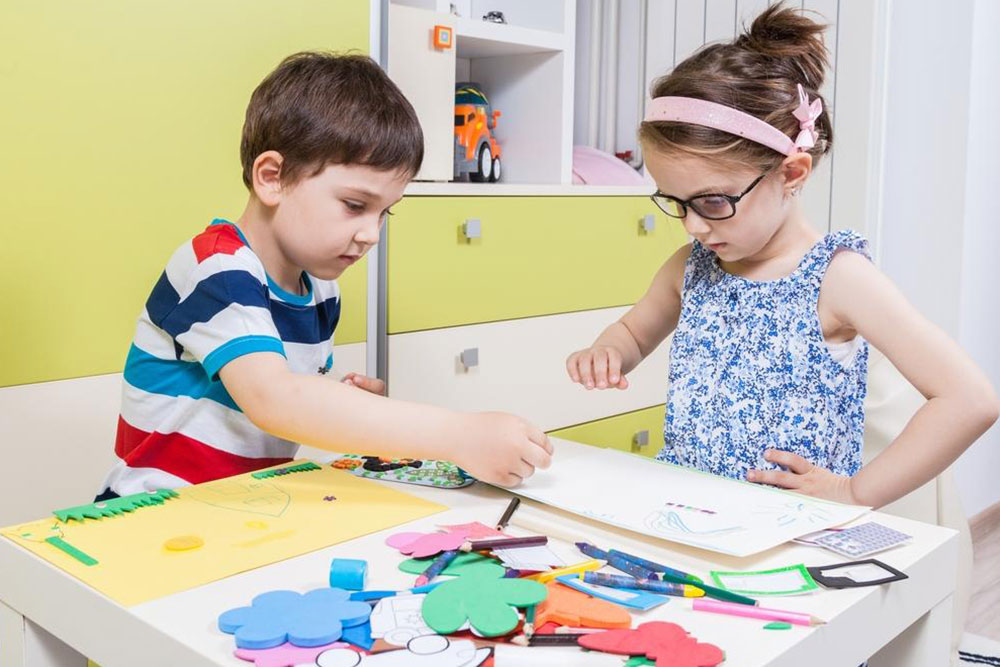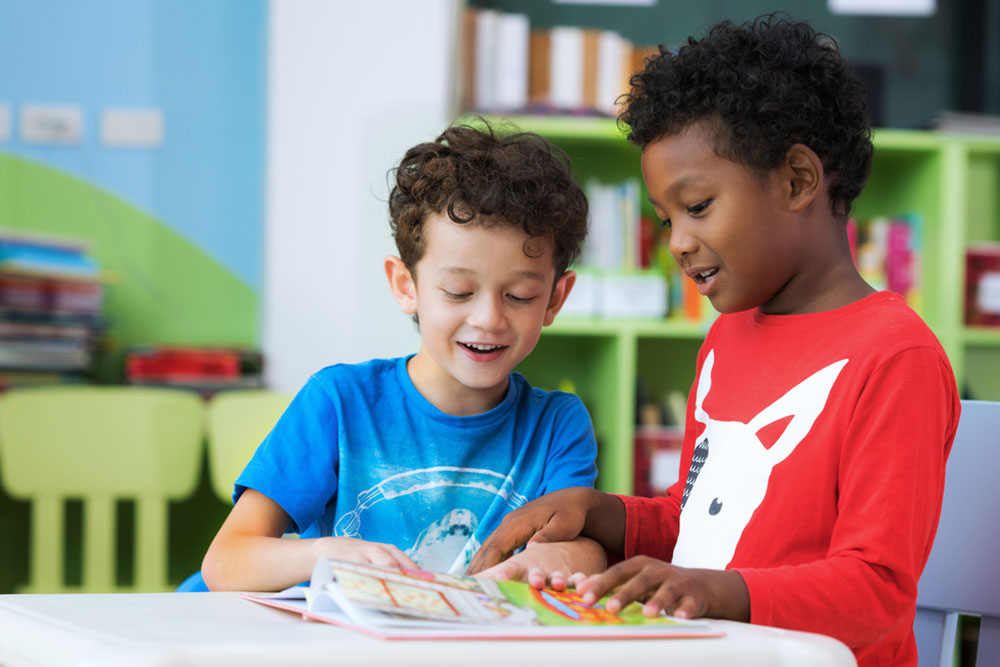Educational and Social Benefits of Children's Virtual Gaming
Discover how virtual games can benefit children by improving problem-solving, promoting physical activity, fostering competitiveness, sharing knowledge, strengthening family bonds, and enhancing social skills. With proper supervision, gaming becomes a valuable tool for children’s development and social growth.
Sponsored

In today's digital age, children often instinctively operate smartphones and tablets, preferring digital entertainment over traditional toys. While debates continue about the impact of video games, they can offer notable advantages when chosen carefully and played in moderation. Properly selected games can help children develop critical skills and enhance their talents.
Boosts problem-solving abilities: Many games, even those not labeled as educational, support cognitive growth by challenging children to think critically and strategize.
Examples like Nickelodeon games, which involve searching, planning, and strategy, such as Legends of the Hidden Temple, teach children decision-making and planning skills. Games with customizable avatars also promote self-expression.
Encourages outdoor sports participation: Success in virtual sports games can motivate children to pursue actual sporting activities. For example, witnessing virtual basketball dunks can inspire children to practice and excel in real-life basketball. It also introduces them to a variety of sports and physical activities.
Fosters a competitive mindset: Multiplayer games enable children to engage with friends both offline and online. These games provide opportunities to compete for recognition, which nurtures a healthy competitive spirit. For kids less inclined toward traditional sports, such games allow them to shine and build confidence.
Promotes sharing of knowledge: Discussing game strategies and levels helps children communicate and share insights. Those who reach advanced levels can teach others how to overcome obstacles, fostering a collaborative learning environment.
Strengthens parent-child relationships: Since children often outperform adults in video games, parents can take on the role of learners, participating in games like Beat That Beat, Dance Off Clash, or Big Time Beats. This shared activity builds bonds and creates common interests.
Enhances social skills: Playing popular games gives children conversation starters for school and social interactions, expanding their social networks and boosting confidence in peer discussions.






